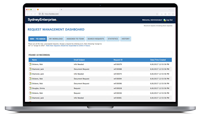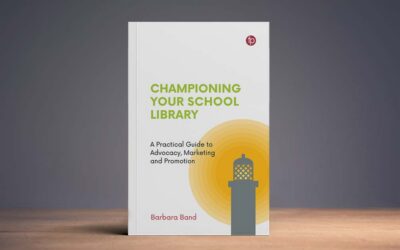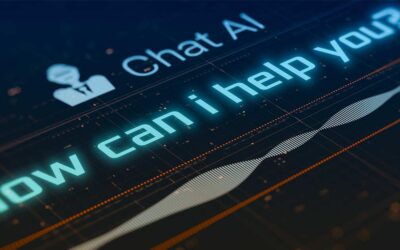Recent AI Developments Special Librarians Should Know About
Lauren Hays
I write extensively about artificial intelligence, and keeping up with the field is a constant challenge. In this post, I would like to highlight two significant recent developments in AI that deserve attention: Test-time compute and OpenAI’s Deep Research. Both of these developments are setting the stage for faster, smarter, and more efficient workflows.
Test-time Compute
According to ChatGPT, test-time compute “refers to the computational resources and time required to make predictions (or inferences) using a trained machine learning model. It is a critical factor in real-world applications where models need to perform efficiently under constraints such as latency, power consumption, and hardware limitations.”
In other words, if the question posed to the AI is difficult, it allocates more resources to answering the question. If the question posed to the AI is easy, it allocates fewer resources to answering the question and the answer will come quicker.
If you’d like to learn more about how GenAI tools use test-time compute, here are a few resources to explore:
- Computers Are Now Thinking Hard: Next-Level AI and Test-Time Scaling (Forbes)
- Google DeepMind researchers think they found a solution to AI’s ‘peak data’ problem (BusinessInsider)
OpenAI’s Deep Research
Deep Research from OpenAI will likely change the research landscape even more. It is described as “An agent that uses reasoning to synthesize large amounts of online information and complete multi-step research tasks for you.” The description continues by stating, “… you give it a prompt, and ChatGPT will find, analyze, and synthesize hundreds of online sources to create a comprehensive report at the level of a research analyst.”
In a recent podcast episode, Ezra Klein, NYTimes Opinion Columnist, said what Deep Research “produced in a matter of minutes was at least the median of what any of the teams I’ve worked with on this could produce within days.”
Deep Research is currently limited to Pro subscribers, though it will eventually be accessible to users on other tiers. This tool will likely transform how both individuals and information professionals conduct their research. The AI technology landscape is evolving at a remarkable pace. While earlier iterations raised significant concerns about factual inaccuracies and fabricated information, advanced research tools are addressing these reliability issues. These solutions are seeing rapid improvements, offering increasingly efficient and precise resource discovery and evaluation capabilities.
Keeping Up with the Latest in AI
With tools such as Deep Research and the growth of AI capabilities regarding time and resource allocation, it will be important for special librarians and other information professionals to determine how best to incorporate these tools into their own work and how to help others use these tools as well.
Lauren Hays
Librarian Dr. Lauren Hays is an Assistant Professor of Instructional Technology at the University of Central Missouri, and a frequent presenter and interviewer on topics related to libraries and librarianship. Please read Lauren’s other posts relevant to special librarians. Learn about Lucidea’s powerful integrated library systems, SydneyDigital, and GeniePlus, used daily by innovative special librarians in libraries of all types, sizes and budgets.
**Disclaimer: Any in-line promotional text does not imply Lucidea product endorsement by the author of this post.
Never miss another post. Subscribe today!
Similar Posts
An Interview with Author Barbara Band on Championing Your School Library
School library advocate Barbara Band shares guidance from her book on championing school libraries, including strategic advocacy, marketing, and demonstrating impact.
ACRL’s AI Competencies for Librarians: An Overview
ACRL’s AI competencies cover ethics, AI literacy, evaluation, and responsible use. This overview summarizes each competency and how they translate across different library types.
Student Voices and Connection in the School Library
Librarian Lauren Hays shares practical, student-centered strategies school librarians can use to reflect student voices, increase library engagement, and create a welcoming library space.
Interview with the Author: Angela Fritz on AI and Digital Leadership in the GLAM Sector
Angela Fritz, author of AI and Digital Leadership, on ethical AI, stewardship, AI literacy, and the leadership skills GLAM institutions need as AI tools evolve.





Leave a Comment
Comments are reviewed and must adhere to our comments policy.
0 Comments